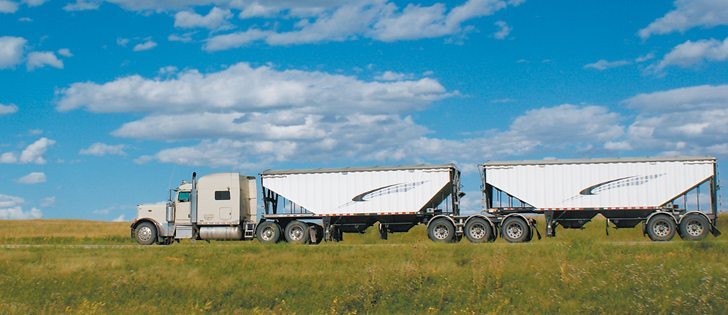On Aug. 1, the prime minister made a commitment to pardon farmers who broke the Customs Act by refusing to present grain export licences to Canada Customs.
Several of them went to jail and a gullible media took their word when they said they were sent there by the Canadian Wheat Board. That the prime minister has just repeated this nonsense about the wheat board is contemptible.
The facts are straightforward. No farmer was ever charged under the Canadian Wheat Board Act, which had its own penalty section.
Read Also

Budget seen as fairly solid, but worrying cracks appear
The reaction from the agriculture industry to prime minister Mark Carney’s first budget handed down November 4th has been largely positive.
The Manitoba poster child for the border-runners was found guilty of breaking Section 94.1(f) of the Immigration Act, sections 11, 3, and 153(c) of the Customs Act and Section 145.3 of the Criminal Code, all arising out of smuggling grain into the United States from Canada. (R. v. McMechan, March 16, 1998).
In Lethbridge, a dozen people were also convicted of violating several sections of the Customs Act for refusing to do what every other exporter of products from Canada does: present an export licence to Canada Customs, now known as Canada Border Services.
These convictions included failure to report exporting goods, evading the payment of duties and illegally removing lawfully seized property (R. v. Duffy, May 17, 2001 AB Court of Appeal 124).
Rather than pay small fines, many of them chose to spend a few hours in jail while loudly proclaiming that the wheat board had put them there. In fact, they had put themselves there by willfully and deliberately violating many Canadian laws and then being convicted in a court of law and being sentenced by a judge.
Since the Canadian judicial system is independent, the board had no control over the process.
Export licences are required under the Customs Act and are administered by agencies that issue licences under the authority of the Customs Act. An Alberta oil producer would get such a licence, as would a car manufacturer. For grain, the CWB normally issued export licences to farmers who used the CWB’s no-cost Producer Direct Sales Program to export their own grain.
However, prime minister Stephen Harper has done more than spread misinformation and pardon a few malcontents.
Among the many charges this group faced, several included removing their lawfully impounded vehicles from the Canada Customs impound lot. The evidence at trial showed they ignored the unarmed Canada Customs officers as they drove off.
To quote madam justice C.L. Kenny’s judgment: “The appellants were properly charged for violating Section 114 of the Customs Act. The trial judge found that customs officers, acting in the scope of their duties, did seize the vehicles, and that the appellants did willfully evade the customs officers’ attempts to place those vehicles into custody.” (Harrison v. Canada, Feb. 1998 ABQB 138)
At one border crossing, unarmed Canada Customs officers were intimidated by a group of people who showed up. They were fortunate nobody was injured as a result of their actions.
Those Canada Customs officers who were intimidated and had to get out of the way of those vehicles had husbands and children, wives and families.
By pardoning the people who did this, Harper is saying he does not care about the rule of law or those whose job it is to protect us all. Harper’s behaviour reveals he is one who believes the end justifies the means.
Ken Larsen is an Alberta farmer and member of the board of directors of the Friends of the Canadian Wheat Board.















